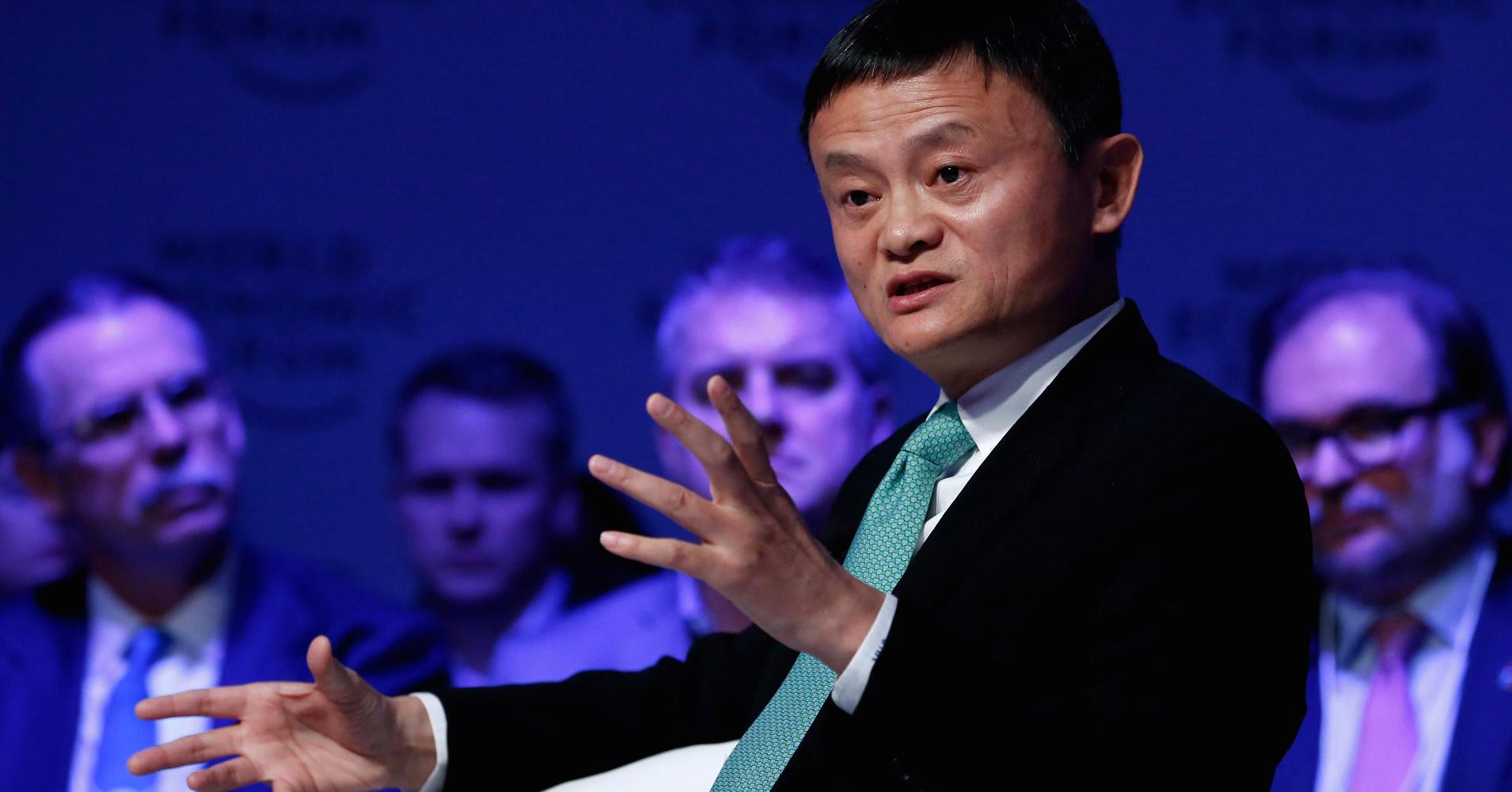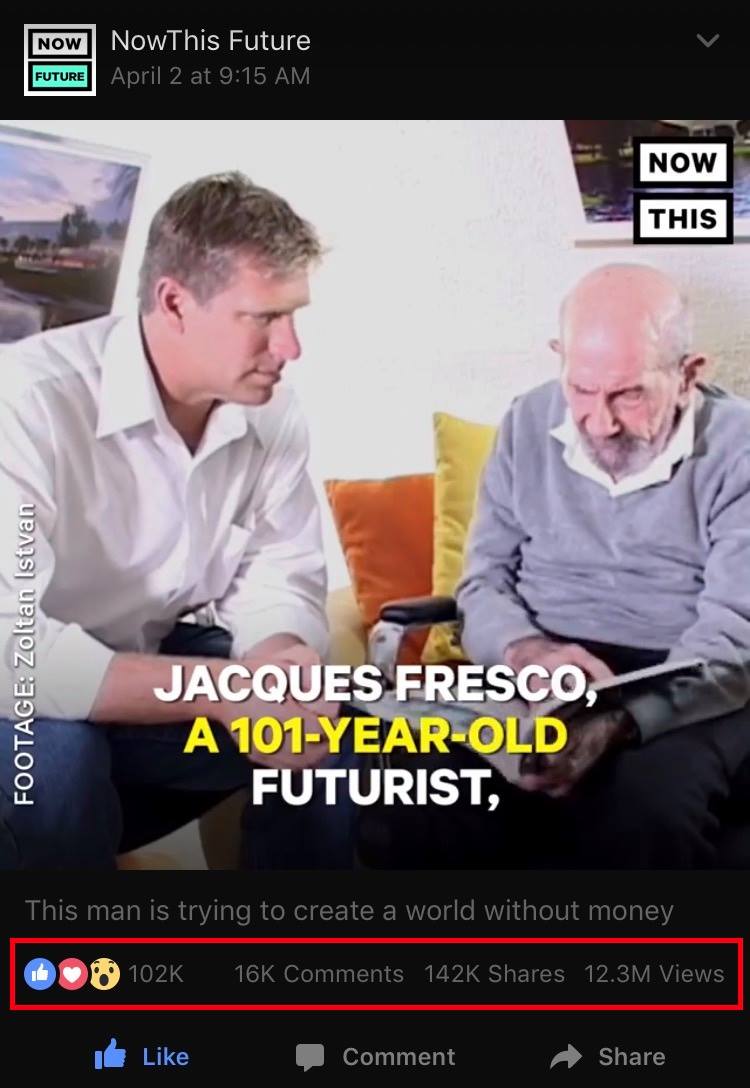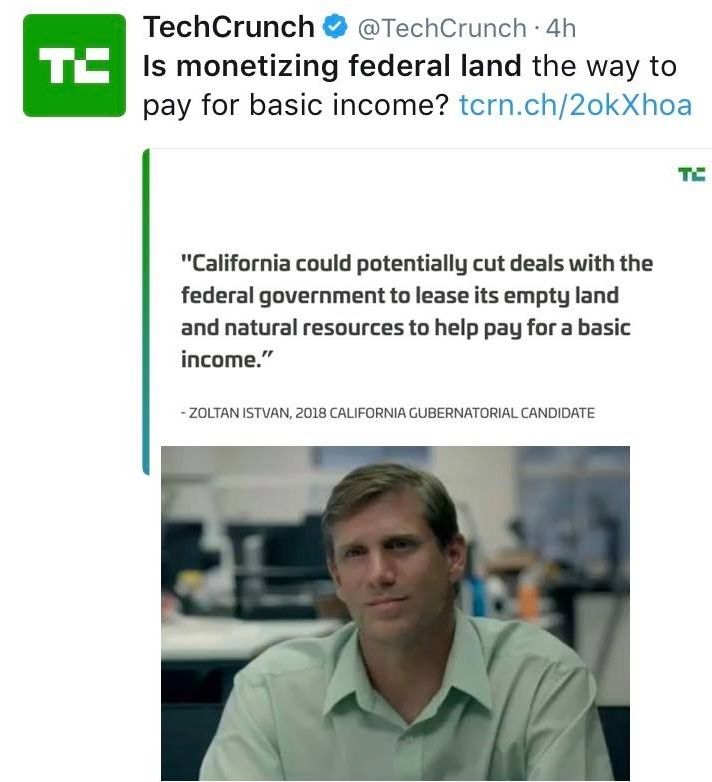This story out in other green-focused sites: http://greengopost.com/california-gov-candidate-develop-coas…-everyone/
Zoltan Istvan, a Libertarian candidate for governor of California, wants to provide a universal basic income for all state residents — and lease out public lands to generate the revenues. Could it work? Would Californians buy in?








